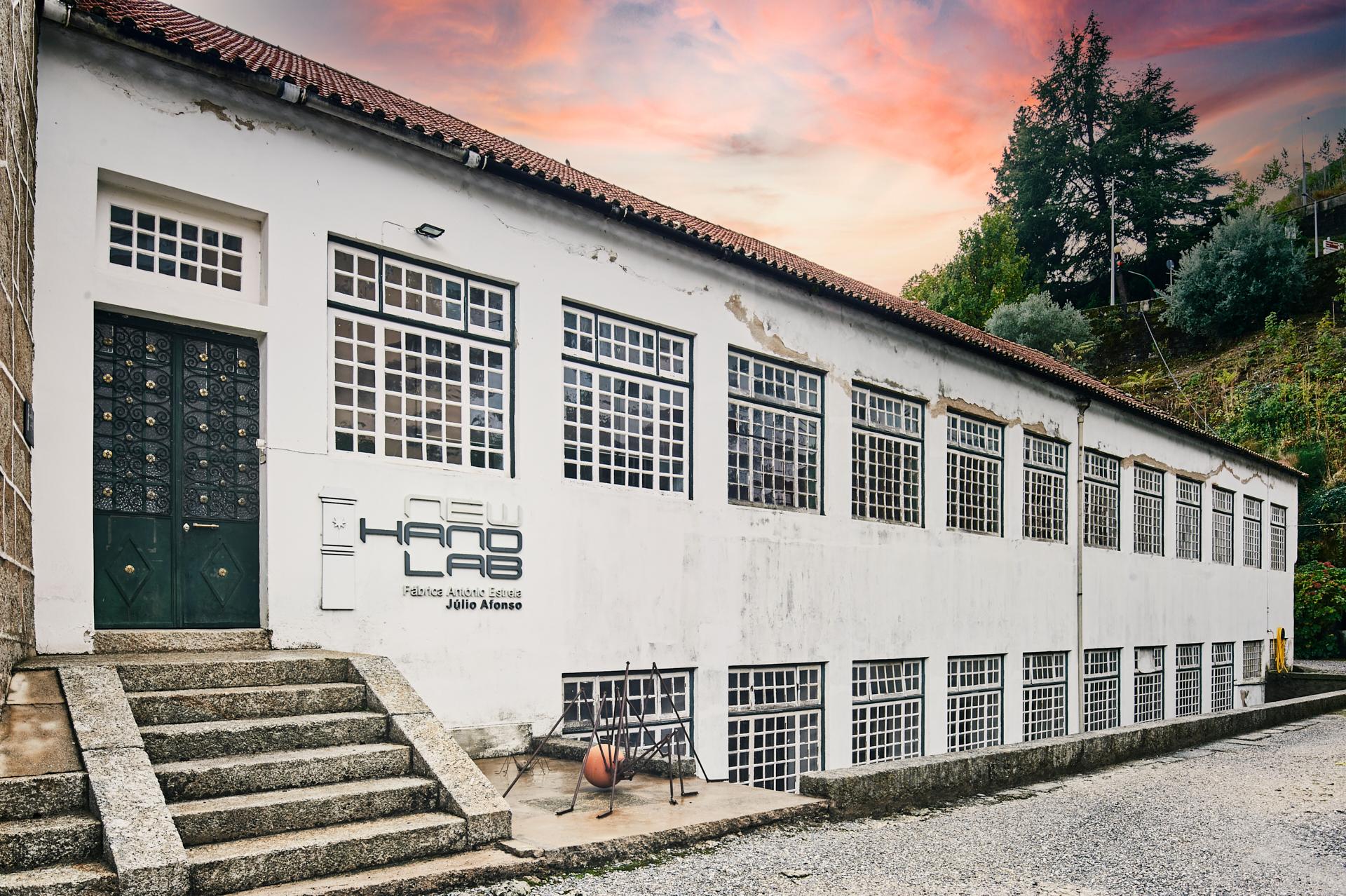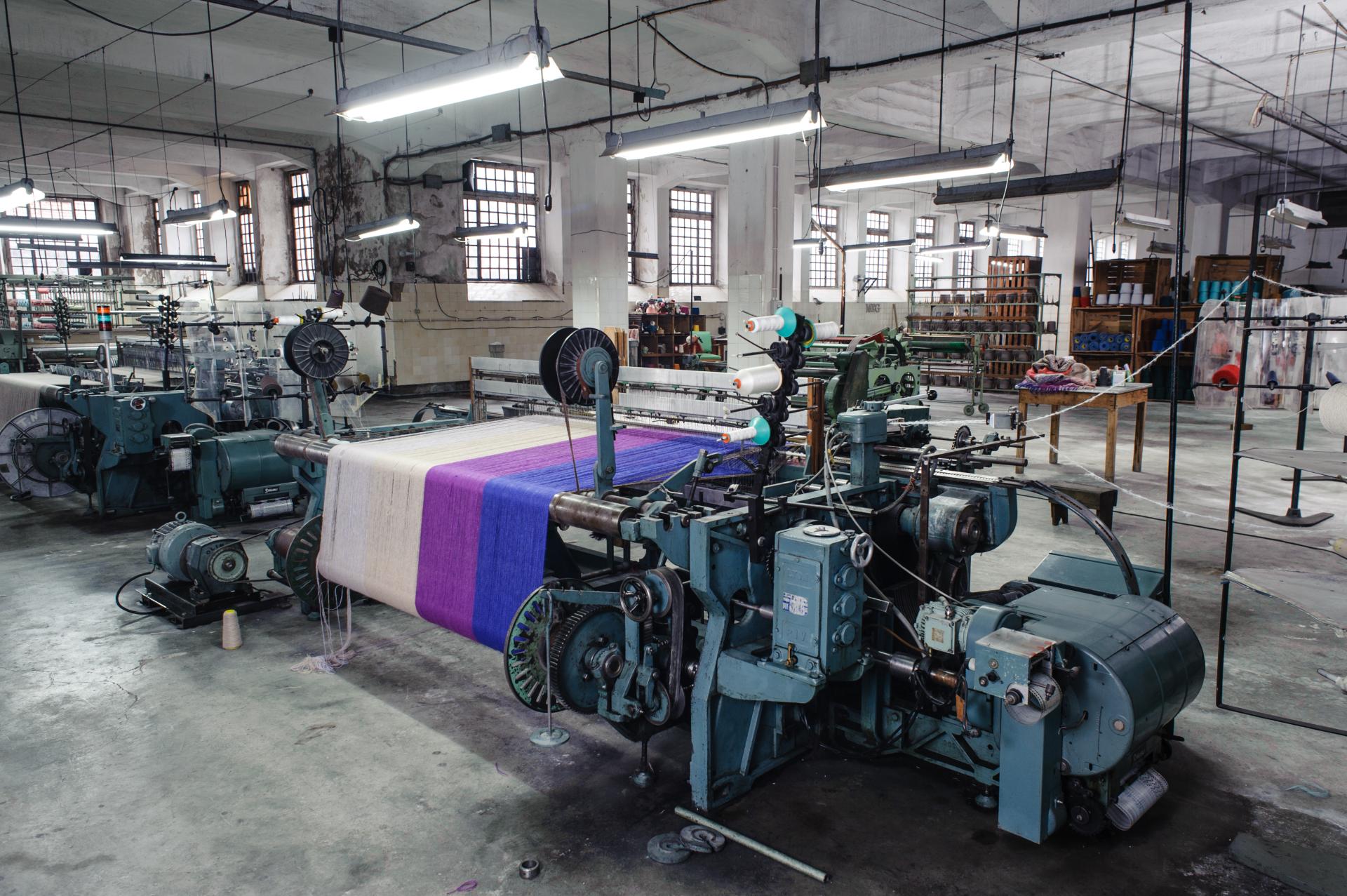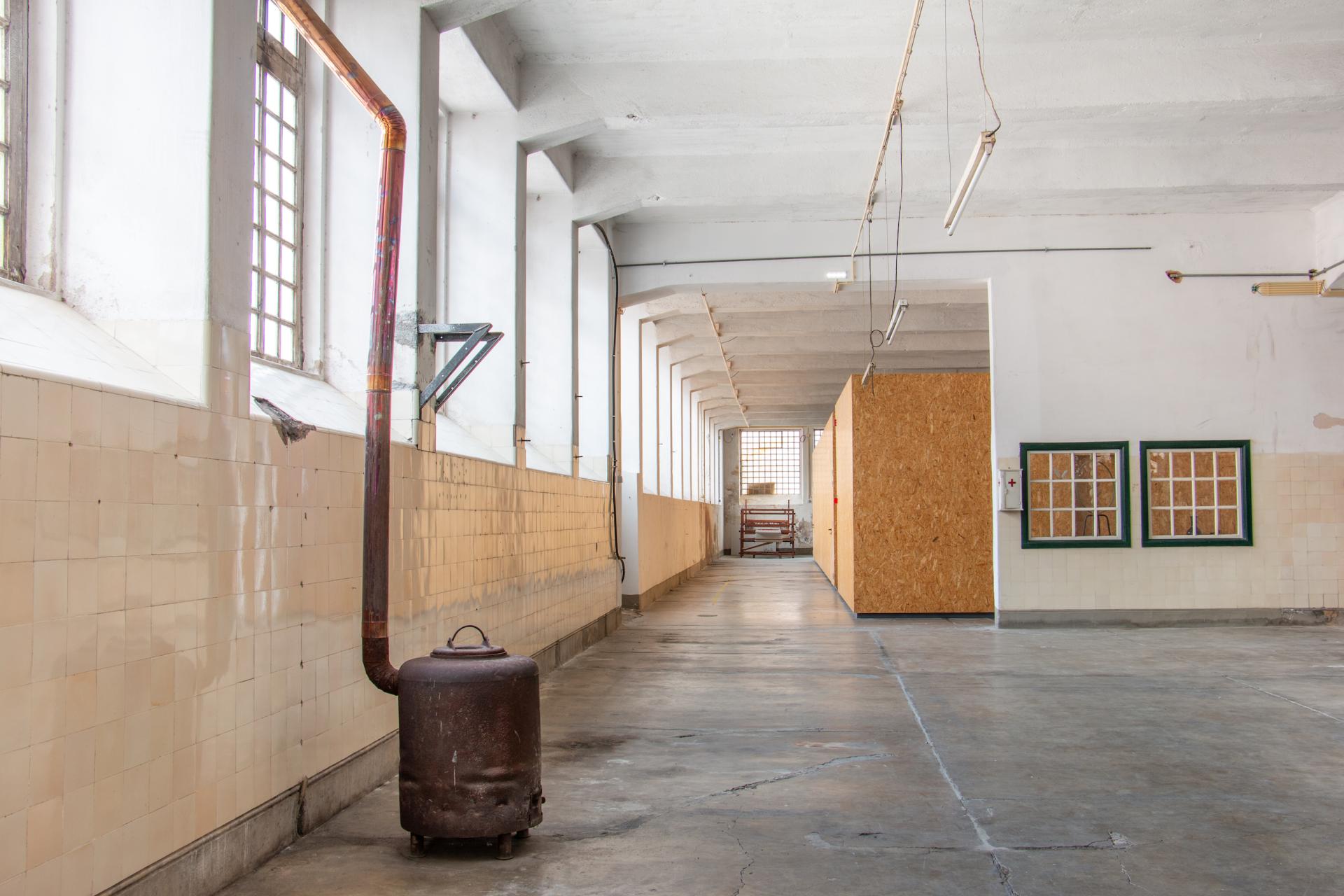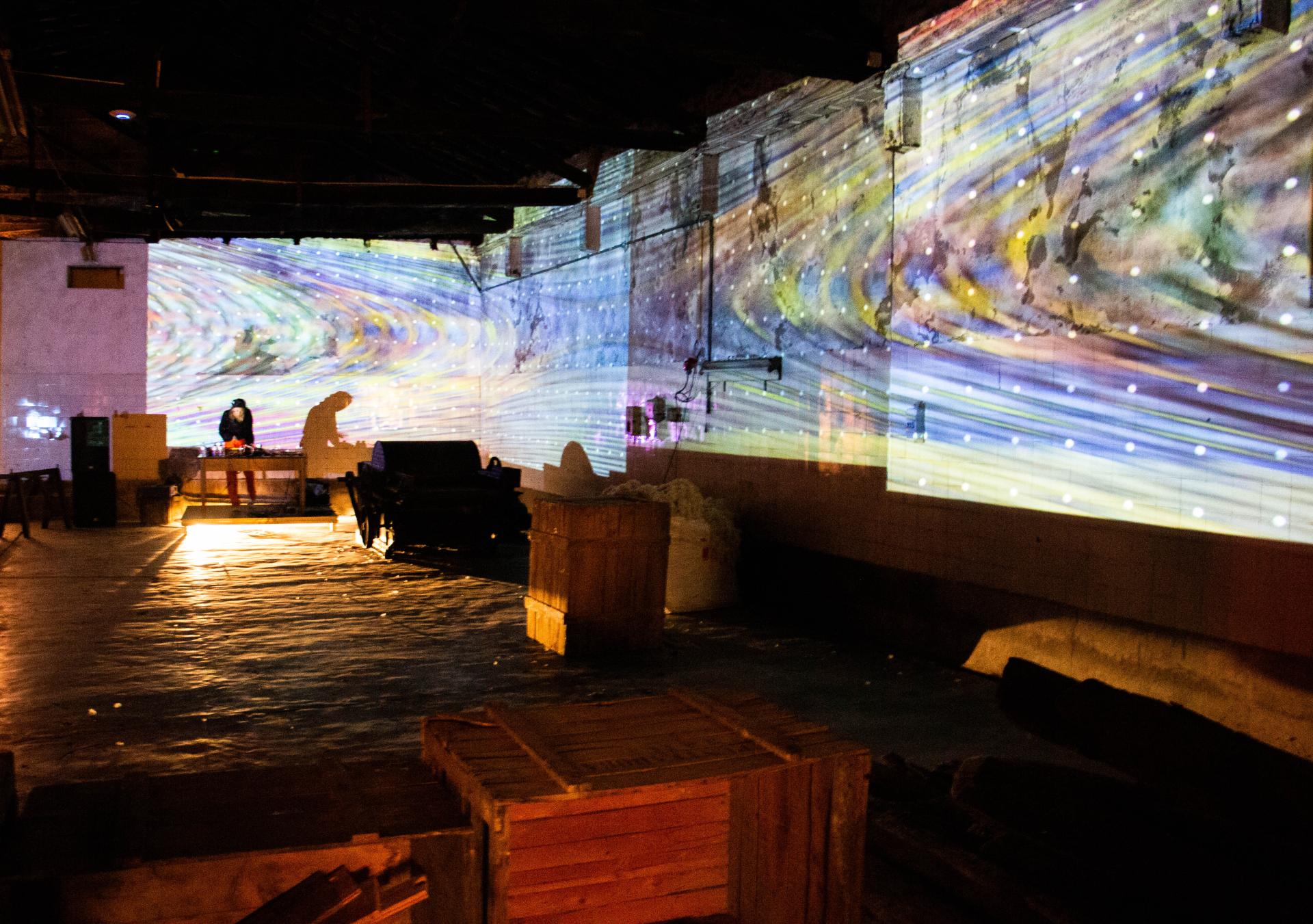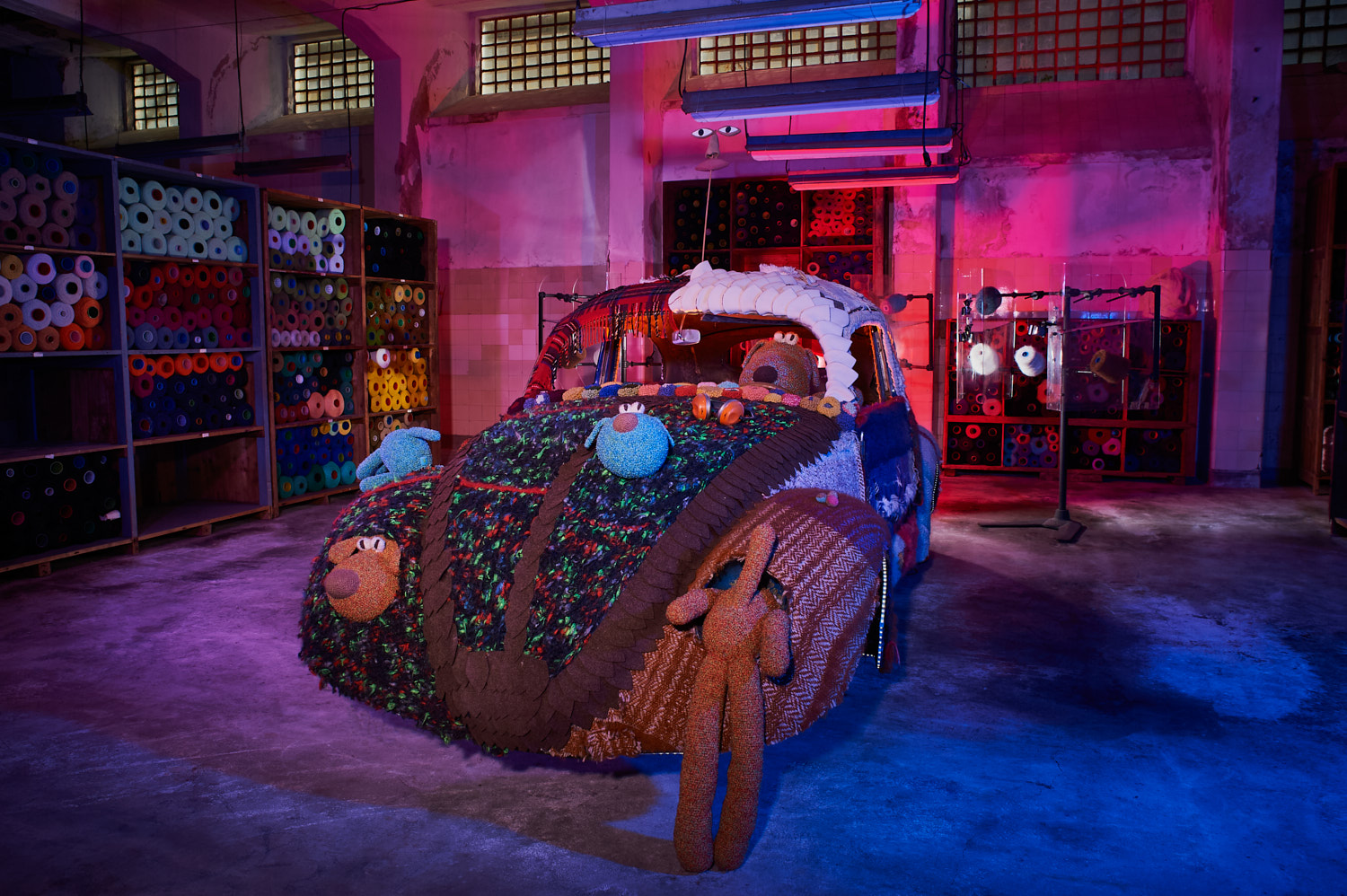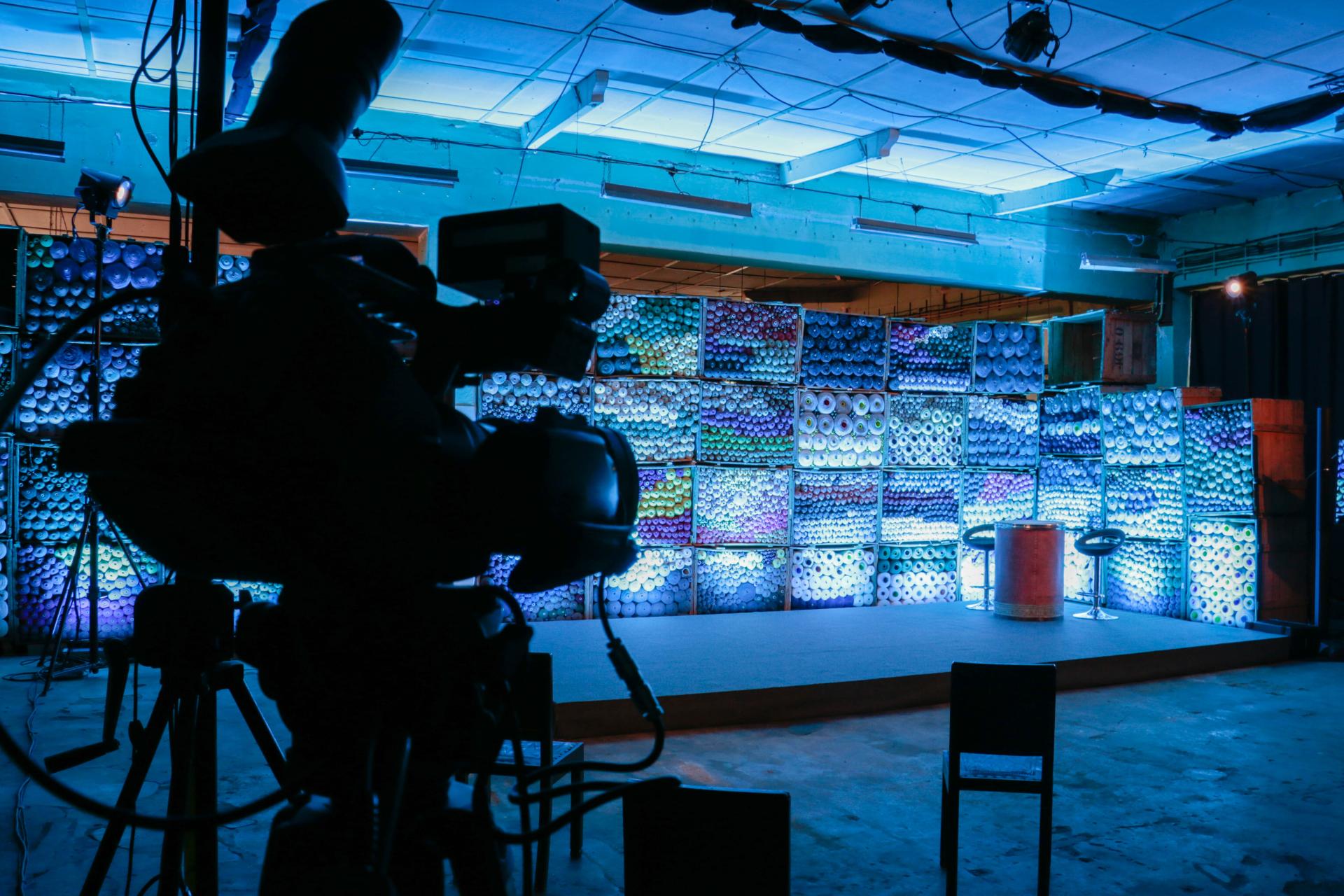New Hand Lab
Basic information
Project Title
Full project title
Category
Project Description
The New Hand Lab (NHL), located in the city of Covilhã - Portugal, is a hive of creators who transform the history of wool into original and contemporary ideas. The NHL is based in a former Wool Factory, a historic building considered and protected as a National Monument. As a collaborative project, the NHL promotes and disseminates the endogenous resources of the region through creative, sustainable and innovative ideas, converted into art works and cultural initiatives.
Geographical Scope
Project Region
Urban or rural issues
Physical or other transformations
EU Programme or fund
Which funds
Description of the project
Summary
The dynamization and enhancement of the built and intangible cultural heritage of the Factory António Estrella | Júlio Afonso was the ground for the appearing of the New Hand Lab project.
It is a factory in which wool, yarn and fabrics were produced until 2002, built in 1853 on top of the ruins of an old manufacture dating from the 17th century, which can be seen inside the actual building.
After successive administrations, in the 60s, Júlio Afonso would buy the factory, becoming its manager and textile designer. The journey up to the early 2000s was marked by creativity and innovation in textile design, having received several international awards. In 2002, essentially due to the Asian ascension movement in textile production, the factory ended the productive and commercial process. Júlio Afonso's life dedicated to wool, left a legacy of around 60 years of effort and commitment and a technical estate of almost 3,800 designs. All this material and immaterial heritage was converted, in 2013, into the New Hand Lab.
The space is home to authors and artists from different areas, such as textile and footwear design, painting, photography, architecture and writing. The New Hand Lab intends to become a space for the promotion and dissemination of the most creative endogenous resources and to boost Covilhã and Beira Interior region worldwide. The Association produces and hosts cultural activities, such as shows, exhibitions and festivals.
It is possible to take a guided tour of the building. Accompanied by the project's mentor or one of the authors, visitors will have the possibility to get to know the reality of yesteryear. Along the way, you can see the old machines, offices, laboratories and much of Júlio Afonso's technical heritage. In addition to this, artworks created within the scope of artistic residencies are distributed throughout the building. The visit culminates in the store, where it is possible to purchase pieces created by the artist in residency.
Key objectives for sustainability
The main objective is the reuse of a manufacturing space with about 10,000 m2 avoiding the trend of abandoning industrial equipment after the decline of the wool industry in the city of Covilhã, that would otherwise be condemned to degradation and later to ruin. The project came to give a new life to this space. The building and adjacent areas are now visitable. For that purpose some areas have been recovered and remained unchanged from the moment the factory ceased its industrial activity. Laboratories of work and experimentation in textile techniques and other artistic areas were created. Areas of reception for diverse artistic and cultural activities were structured, such as shows, exhibitions, conferences. At the same time, the building has been populated with artworks, created by artists in residence, adding value and contemporaneity to the space.
The principles of circular economy, have been applied for the use of machinery, tools and accessories resulting from the wool industry for the creation and production of artistic works, avoiding the destruction perpetuated by the decadent industry in the last decades. The NHL converted waste / by-products from the wool industry (30 tonnes of yarn, 15,000 meters of fabric, 100,000 spools and 250 wooden crates for transporting raw materials, 20 industrial-scale machines - with no current commercial value) into raw material which adds value the artworks.
The building was awarded the EcoVida sustainability seal. It uses water from springs for internal sanitation and garden irrigation systems. In the building's surroundings, with about 8,000 m2, organic gardens are grown for consumption in the canteen and at events. The spaces with natural lighting through the 520 available windows are of primary use and when necessary, LED light is used.
The artistic residences are based on the philosophy: reduce, recycle and reuse, which serves as a motto for the installations and artistic works that populate the building.
Key objectives for aesthetics and quality
There is a story to tell in every corner of the factory, from the spaces on the walls where tiles are missing to the creaking of the wooden floors of the administration floor. The New Hand Lab was born with the desire to bring these spaces back to life, without taking the charisma and charm of the industrial building. The hardness of the materials, the austerity and the grandeur of the building, contrast with the delicacy, the softness and the color of the wool, the yarn and the fabrics. If the winter weather is cold and rainy, there is always a fire burning and a teapot smoking. There is always a resident artist with time to sit on the sofa and talk to those who arrive, share their experience. And if, on the contrary, the summer sun is warm, this conversation takes place on the garden benches, next to the organic gardens, overlooking the Ribeira da Carpinteira, the chimney of the factory and the pedestrian bridge, itself an architectural mark, ex-libris of the city of Covilhã.
There is always an aesthetic concern, the creation of the right scenario for these moments and for any intervention, be it of an organizational, logistical or exhibition nature.
There are 130 pieces of furniture in the space (chairs, benches, clocks, safes, lamps, shelves, desks, tables, calculating machines, typewriters, telephones, fans), pieces from the 20s to the 80s, which are used daily in the dynamics of the New Hand Lab, namely in the canteen, offices and workshops.
The project recognizes the aesthetic and functional value of the pieces at the time and gives them an aesthetic meaning with a contemporary and provocative vision. In the New Hand Lab, the heritage is not exhibited, artists, collaborators and visitors coexist with the pieces and use them on their daily work.
Key objectives for inclusion
The project works with young artists from marginalized fringes of society with the aim of creating space and providing tools so that these young people can start a career on their own in the artistic and creative areas, namely, linked to textile and audiovisual creation.
The main project it integrates in this field, representing Portugal as a partner, is called Open Up and is a consortium of seven countries co-financed by the Creative Europe program.
The Open Up project (acronym: OU) explores how, in this era of division, segregation and exclusion, culture can play an active role in the emergence of new relationships in the community. Through the various activities, OU aims to provide a strong, active and sustainable platform for creative synergies. The project aims to build sustainable art practices within underprivileged communities, present in each of the participating cities. OU consists of a transactional network in the fields of art, culture, performing arts, urban and social problems.
During the first three years of the program, and through the eight platforms, a range of activities is organized, which will culminate in the Cultural Festivals taking place in the fourth year. OU will use the Learn-Do-Present model, an interactive process, which will end in the presentation of new works, aiming to develop and test sustainable business models in the arts sector, also promoting dialogue and intercultural competence. The Learning process includes the exchange and dissemination of skills and knowledge, the Doing process allows participants to materialize their concepts, using the acquired knowledge. Finally, the Presenting process promotes the participants' creative results and products to the public and the creative industry.
Results in relation to category
The NHL started the process of converting the old factory, transforming a closed building with no activity, into a creation and programming center, with the main objective of preserving and valuing the cultural heritage and the material and immaterial heritage that remained there.
From that initial moment until today, in eight years of project, the New Hand Lab and the Factory António Estrella | Júlio Afonso, have become a territorial reference for the media, bloggers, tourism and hospitality institutions, artistic and cultural structures, nationally and internationally.
Boasting a position of regional influence, the project achieved the status of strategic partner in European and worldwide movements such as: Candidacy of the city of Covilhã to the creative city of UNESCO in the area of Design, with the ambition to develop 14 projects or covering the 6 axes of action; Application from the city of Guarda to the European Capital of Culture.
During this period, the application for heritage of public interest was submitted, and is currently in the process of being considered and protected as a National Monument.
In 2020, it was granted funding by Turismo de Portugal, aiming to improve and qualify the project, the building and human resources to meet the requirements of the sector of tourism. This financing was also an opportunity to intervene in the building, requalifying areas that were in a more advanced state of degradation or that weren’t suitability or sustainable for the actual activity of the factory.
Since 2013, the project has gradually been hosting events of greater demand and scope, such as the full hosting of the International Conference on Culture, Territory and Development, promoted by the Regional Public Organisation for Culture in the region Centre of Portugal, in 2021.
The involvement of the community is also increasing. During the year 2021, we expect to reach 2500 people, including visitors, resident artists and school and university audiences.
How Citizens benefit
The project involves in its genesis a set of authors, artists and local artisans, who immediately benefited from this collaborative project, developing collective creations, accessing exclusive raw materials, benefiting from workspaces, using the available machinery, taking advantage of the growing dissemination by the media. This involvement boosted the creation of new designer products and their inclusion in distribution channels.
The project directly impacts the school and university community, on the one hand, promoting and disseminating the local identity, valuing it in its different aspects, with an impact on the self-esteem of an entire community and, on the other hand, welcoming university students, in the most diverse aspects: internships, laboratories, support for the development of theses, workspaces for academic projects. For the school and university communities, the NHL has been an opportunity to connect to the historical and identity context of the region, in a real and true way.
The project also aims to involve the senior community, welcoming this audience on guided tours to the space and in moments of sharing around the fireplace. This has allowed the exchange of experiences, contributing to the enrichment of historical narratives and to the preservation of collective memory allowing at the same time the contact with contemporary ways of interpreting the history, unveiling new possibilities.
In the long term, it is believed that the project will sustainably impact the development of the artistic and innovation sectors, the creation of designer handicrafts and will, also, enhance the appearance of other projects within the scope of industrial heritage, based on sustainability and in the circular economy.
Physical or other transformations
Innovative character
The New Hand Lab is a project that brings together several values, which intersect in a perspective of rupture with the context of desertification that strikes the inland territory of Portugal, contradicting the decay to which the remaining built heritage of a glorious and distant era of the wool industry was subject in the region.
It exists to reflect and intervene in the historical and cultural heritage of the city, challenging and inspiring contemporaneity, through the reuse and reinterpretation of contexts, materials, products and experiences.
The project intervenes in the community, challenging it to tell its story, to reveal the culture and identity of the city. It takes part in projects on a regional, national and international scale that bring the community and the territory closer to a movement of sharing knowledge and investing in increasing qualification. Based on the methodology of the practical and experimental laboratory, it promotes the recovery of old techniques and knowledge, for contemporary expression and intervention.
The NHL stands out for being a collaborative project, which brings together at its core a heterogeneous collective of professionals, with a personal connection to the history of wool, committed to sharing knowledge and experiences and promoting reflection on the issues of art, sustainability , innovation and the role of history and heritage in contemporary times.
It has strong partnership links with public and private entities, of regional, national and international scope, namely universities, industrial tourism and creative tourism networks, artistic and cultural structures and movements, creating a rich and challenging network with the stakeholders.
It promotes a diversified artistic and cultural offer, maintaining a constant commitment to professionalism, to the contemporary nature of artistic works, to the creation of designer products and to the proximity to communities and territories.
Learning transferred to other parties
The New Hand Lab project is unique at a national level, as it results from the efforts of individuals (owners of the building), who launched this venture with the main objective of safeguarding the material and immaterial heritage, promoting and disseminating the design work generated by Júlio Afonso, valuing the industrial heritage of the city of Covilhã, perpetuating the memories of the wool industry and honouring its ancestors.
This effort is inspiring for other owners of material and immaterial goods, who will be able to find innovative ways for their heritage with this example. It is also an example for the development of public policies that will support and encourage private owners in the development of projects with these characteristics.
The connection with the academy has allowed the creation of documentation, in the various axes of the project, disseminating through laboratories, theses and internships, the innovative character of the project, the innovation and the good practices in force in the implementation of the activities.
In addition to the constant demand of the educational institutions for case studies, the project is also requested as a source of inspiration for the most diverse purposes, from artistic initiatives, to cultural and even commercial actions, which are based on documentary research.
The sustainability component of the project, the use of resources almost at 100%, has the potential to become a methodology and/or a process easily transmissible to other similar structures.

